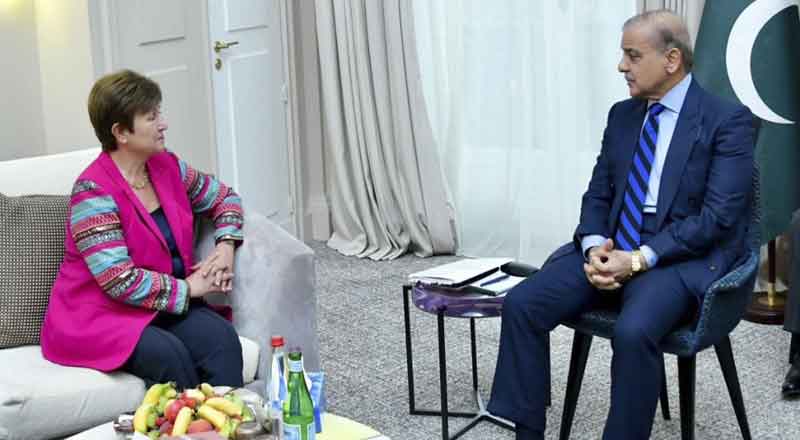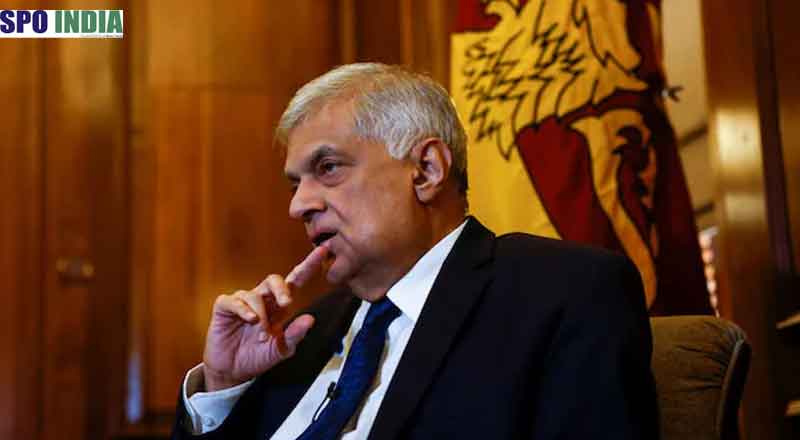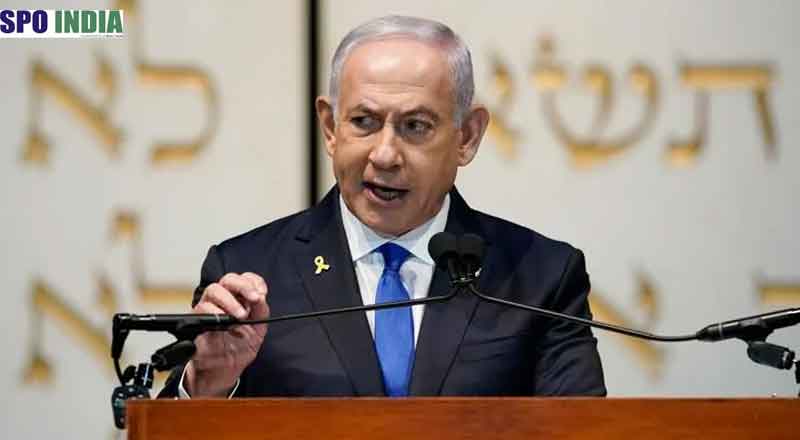- The International Monetary Fund approved a much-awaited $3 billion bailout for Pakistan.
- if implemented faithfully by Pakistan, the bailout will give it an opportunity to regain macroeconomic stability and address imbalances through consistent policy implementation.
- Sharif quickly welcomed the IMF decision, saying it was a major step forward in the government’s efforts to stabilize the economy.
- According to analysts, Pakistan needs at least $20 billion in the next two years to pay back foreign loans with interest.
The International Monetary Fund approved a much-awaited $3 billion bailout for Pakistan. The global lender said a move that’s likely to save the nation from defaulting on its debt repayments. The IMF said its executive board approved an agreement to release the funds over nine months to support Pakistan’s economic stabilization program.
The announcement comes less than two weeks after Pakistan and the IMF agreed to the plan following meetings with Prime Minister Shehbaz Sharif, Finance Minister Ishaq Dar, and other officials. IMF head Kristalina Georgieva said in a statement that “Pakistan’s economy was hit hard by significant shocks last year, notably the spillovers from the severe impacts of floods, the large volatility in commodity prices, and the tightening of external and domestic financing conditions.” She said the $3-billion bailout, if “implemented faithfully” by Pakistan, will give it an opportunity to regain macroeconomic stability and address imbalances through consistent policy implementation.
Sharif quickly welcomed the IMF decision, saying it was a major step forward in the government’s efforts to stabilize the economy.
The bailout had been on hold since December when the IMF refused to release a critical $1.1 billion part of the loan because of the country’s lack of compliance with a 2019 agreement signed between the IMF and former Prime Minister Imran Khan.
Sharif has been trying to overcome the economic crisis since he came into power after Khan was ousted in a no-confidence vote in parliament in April 2022. Pakistan’s economy witnessed a major shock last summer when devastating floods killed 1,739 people, destroyed 2 million homes, and caused $30 billion in damage.
“Things are now moving in the right direction,” said Dar, the finance minister.
According to analysts, Pakistan needs at least $20 billion in the next two years to pay back foreign loans with interest. However, earlier this year, foreign exchange reserves fell to less than $4 billion. This money was only enough for the import bill of four weeks, although Pakistan banned some of the imports to save dollars.
The approval for the IMF loan came a day after Saudi Arabia deposited $2 billion into Pakistan’s central bank. On Wednesday, the United Arab Emirates also deposited $1 billion to the central bank of Pakistan, according to the finance minister, Dar, who said the country’s economy was now back on the path of growth.
According to analysts, the approval of the IMF bailout will help Pakistan because it could encourage other international financial institutions to help Islamabad overcome economic challenges. Pakistan, China, Saudi Arabia, and the United Arab Emirates have provided financial assistance in the past five months to avoid a default on debt payments.
Dar said Pakistan’s economy will be in a much better position when the government of the ruling Pakistan Muslim League party completes its tenure next month. The next parliamentary elections are expected to take place in October or November, Sharif said in his televised speech, saying he hopes Pakistan will avoid any further loans from the IMF by generating funds domestically.
(With inputs from agencies)





